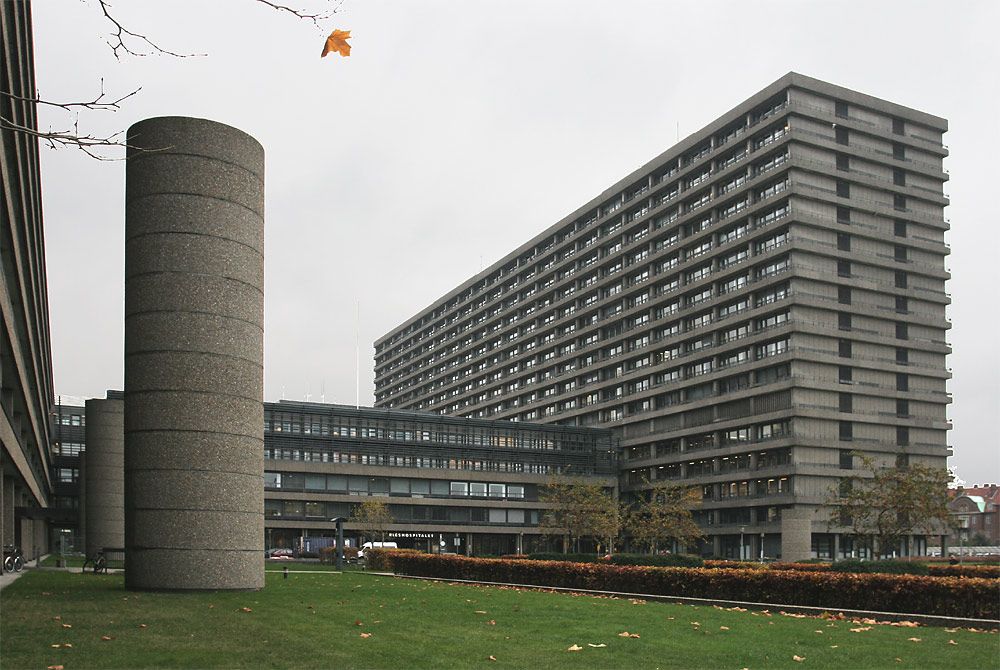The national government and the regional government organisation Danske Regioner have agreed on funding for the regions in 2016.
Claus Hjort Frederiksen, the finance minister, explained that the focus of the budget is healthcare.
“Healthcare is a clear priority for this government,” he said.
“I’m therefore happy that despite a tight timetable and an even tighter budget, we have found the money to deal with the rising cost of drugs and building the super-hospitals.”
The budget includes a 1 billion kroner increase in funding for the health sector to deal with the rising cost of drugs. This comes on top of a previously agreed 500 million kroner rise in financing for programs including cancer treatment, the prevention of other chronic illnesses and psychiatric therapy.
Regions hoped for more
Bent Hansen, the head of Danske Regioner, explained his ambition was to secure 2 billion kroner more in funding, but that the result was not wholly unsatisfactory.
“We didn’t get what we were looking for, but we more or less get our expenses covered in the medical area in 2016,” he said.
“At the same time we acknowledge that unlike other welfare areas, more resources have been added to the health sector.”
Investment in plants and buildings continues at a historically high rate of 7 billion kroner, with much of this amount being poured into the new super hospitals.















